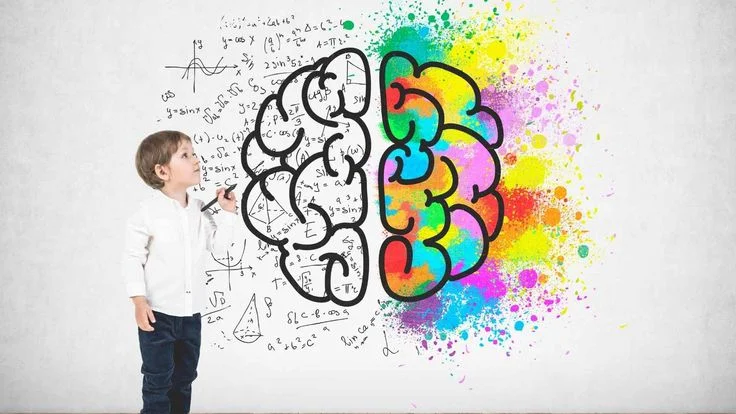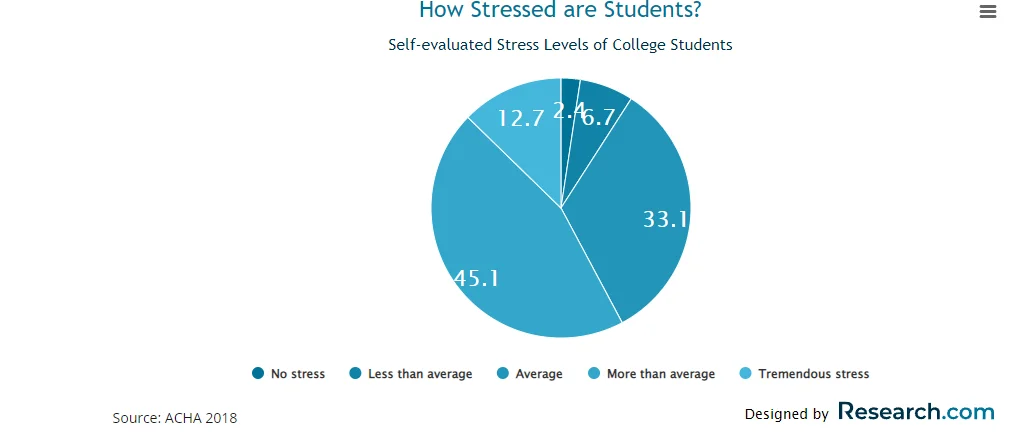
Update: This article was last updated on 9th January 2026 to reflect the accuracy and up-to-date information on the page.

We can see, understand, and analyze facts thanks to the neurological process known as cognitive thinking. Attention, memory, language, problem-solving, decision-making, and reasoning are a few of cognitive aptitude’s numerous aspects.
This article will discuss the importance of cognitive thinking skills and how to develop them in the workplace or daily life. To keep cognitive thinking skills sharp far into senior year, one must take intentional steps to maintain and improve them.
Cognitive thinking is demonstrated by a person’s capacity to monitor and comprehend their environment, concentrate on some stimuli while ignoring others, store and retrieve knowledge from memory, and then use that information when necessary.
Additionally, it alludes to linguistic expression, comprehension, and communication skills.
“Critical thinking and curiosity are the keys to creativity.”
We may create strategies to assist learners and assist them in overcoming learning difficulties by studying the various cognitive thinking skills and how they relate to learning, including ways to enhance logical thinking in kids.
Ways to Improve Cognitive Thinking
- Reduced pressure
- Do Aerobic Exercise
- Get Lots of Rest
- Brain-Based Simulations
- Concept Mapping
- Speaking Out Loud
1. Reduce Pressure
The human brain is not fully functional when under stress. According to research, stress aggravates or even causes post-traumatic stress disorder, dementia, and depression. Therefore, stress management is essential for maintaining good mental and physical health.
Here are a few ways to help manage your stress-:
- Breathing Exercise
- Outside Influences
- Meditation
- Take a walk
2. Aerobics
It has been discovered that moving your body and raising your heart and breathing rates can counteract the average reduction in the horizontal, parietal, and temporal cortices, which affects cognitive function. Age-related deterioration in these regions is inevitable, although aerobic exercise can stop the progression.
- BRISK WALK
- YOGA
- SWIMMING
3. Get Plenty of Sleep
Research shows that getting enough sleep is crucial for a healthy brain. According to one study, sleep might be essential to memory. Sleep is necessary for your brain to sort through each day’s events, remembering the significant ones and forgetting the less significant ones.
- A CONSTANT NIGHTLY ROUTINE
- RESTRICTION OF SCREEN TIME
- MELATONIN

4. Cognitive Simulations
Cognitive simulations are merely brainteasers that require people to apply their prior knowledge to new situations; consider Sudoku and crossword puzzles as examples. Because the brain is plastic or pliable, cognitive simulations enhance the brain’s cognitive processing capacities and empower your child to think, solve, and excel! You lose your brain’s capacity to process new information and develop solutions if you do not use it.
5. Thinking Aloud
A fantastic training technique is thinking aloud. It aids the teacher in identifying areas where the student’s comprehension needs work. Thinking aloud is a technique you can use to enhance your cognitive thinking. It is as easy as it seems. Speak your thoughts out loud rather than keeping them to yourself.
6. Concept Mapping
Concept mapping is visualizing someone’s thought process through word links. Concept maps are detailed diagrams that display ideas’ relationships and linkages. By articulating our knowledge, rational thinking we force ourselves to think about what we know and do not know about a particular issue. This increases our understanding and reveals the topics we still need to research more.
The Function of Nutrition in Cognitive Thinking
Good nutrition is essential to improve cognitive thinking by supplying the brain with necessary nutrients to perform at its best. A balanced diet not only enhances memory, concentration, and problem-solving capacity but also protects against cognitive deterioration in the long run.
Brain-Boosting Foods for Improved Cognitive Thinking
Having the right foods on your diet can really affect cognitive thinking and general brain health. These are some of the best brain-boosting foods:
- Omega-3 Fatty Acids –Fatty fish (salmon, sardines, and mackerel), walnuts, and flaxseeds all contain omega-3s, which promote brain cell function, improve memory, and slow down cognitive decline.
- Antioxidant-Rich Foods – Berries (blueberries, strawberries, blackberries) are full of antioxidants that help guard the brain against oxidative stress and promote better cognitive thinking.
- Leafy Greens –Spinach, kale, and broccoli are full of vitamins and minerals such as folate and vitamin K that enhance brain function and help with sharper thinking abilities.
- Nuts and Seeds – Almonds, sunflower seeds, and pumpkin seeds contain vitamin E and magnesium, both of which help with improved cognitive thinking and long-term brain health.
- Dark Chocolate –Rich in flavonoids, caffeine, and antioxidants that boost focus, enhance memory, and activate cognitive thinking.
Hydration and Its Effect on Cognitive Thinking
Dehydration negatively affects cognitive thinking, causing poor concentration, delayed reaction times, and mental fatigue. Proper hydration throughout the day guarantees peak brain function, enhances mood, and maintains mental clarity.
Balanced Diet for Sustained Cognitive Thinking
A balance of healthy proteins, complex carbs, and essential fats is required to provide steady energy and assist with cognitive thinking. Staying away from too much sugar and processed foods can also prevent mental fogginess and enhance concentration.
By using intelligent nutritional decisions, one can sharpen their cognitive thinking and keep their mind agile until old age. As an added assistance, a brain-healthy diet combined with other cognitive activities like problem-solving activities and meditation can tremendously enhance brain function and mental wellness.
Cognitive Thinking Versus Critical Thinking
Cognitive thinking and critical thinking differ. Cognitive thinking refers to mental processes involved in using, analyzing, evaluating, and creating information as well as remembering and comprehending.
Critical thinking, by contrast, is a more detailed cognitive ability that involves evaluating and analyzing information, challenging assumptions, entertaining alternative views, and arriving at reasonable judgments or conclusions.
Whereas cognitive thinking is a more general term for all mental activities, critical thinking is a smaller subset that encompasses a higher level of analysis and scrutiny, which allows people to think more objectively and effectively in different situations.
Conclusion
We need to deal with our stress, exercise, and sleep sufficiently to make sure that our brains are in good health, get sufficient oxygen, and work to transfer memories nightly, ways to ignite sparks of creative thinking among children, thus making our cognitive abilities function at their best.
Moonpreneur aims to revolutionize conventional education and future-proof the future generation through integrated learning solutions. Its Innovator Program is shaping tomorrow‘s workforce by equipping students with AI/ML, Robotics, Coding, IoT, and Apps skills, making entrepreneurship possible through experiential learning.
























